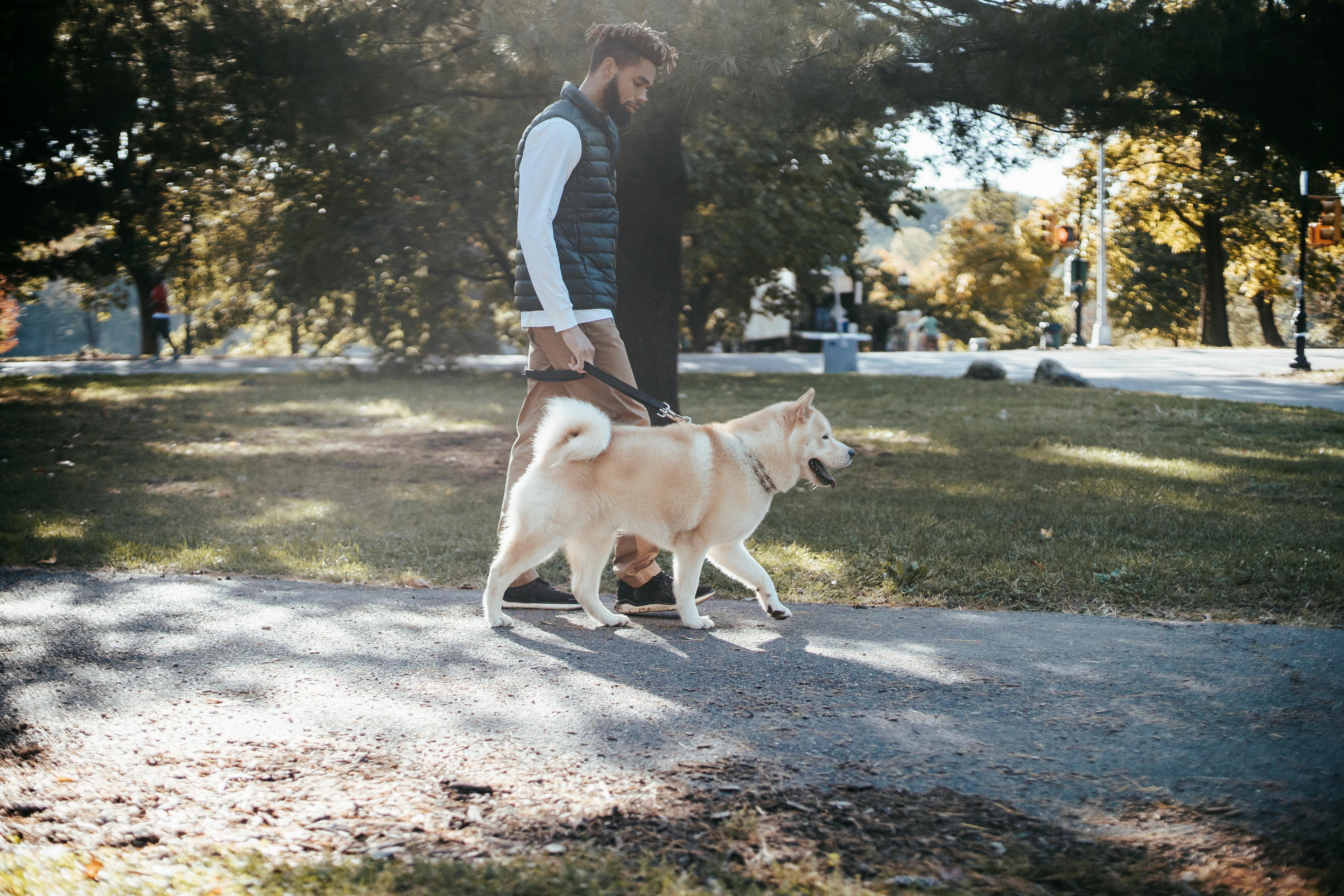Sometimes when a family is thinking of getting a family dog, they begin to discuss the qualities of dogs that are purebreds. For example, an active family might talk about dogs like a Labrador Retriever, a German Shepherd, or even a Jack Russell. While families with a more sedate lifestyle might talk about owning a poodle or cocker spaniel. The fact is that most mixed breeds, or “mutts” as they are often called, make as good or better pets than purebred dogs.
No one knows why, but it seems that the best qualities of a breed are passed on to mixed-breed offspring more often than to purebred offspring, and breed problems are passed on to purebred offspring more often than purebred offspring. to mixed-race offspring. For example, hip dyslexia is a common problem among purebred German Shepherds, but is rarely seen in a mixed breed with German Shepherd ancestors. And yet, the German Shepherd’s traits of owner loyalty and protection are passed on to the mixed breed.
Think of the possibilities. In theory, a mixed breed could have the pet qualities of a Poodle, the protective instincts of a Doberman, and the maternal instincts of a Saint Bernard, all in one four-legged friend. Granted, the mixed breed is not going to be as “pretty” as a pure breed and you will often be asked, “what breed IS that?” But you will probably have a better family pet than you would have with any purebred.
I am often asked if purebreds are smarter and easier to train than mutts, and the answer is a resounding “No”. In reality, mixed breeds are often easier to train and more intelligent than purebreds because there is often a lot of inbreeding in purebred lines to achieve a particular “look.” Go adopt the family dog from your local animal shelter!
